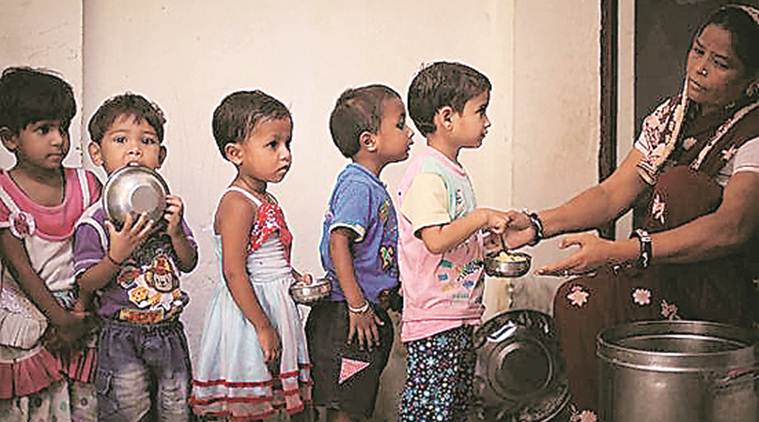
Tablets for anganwadi workers; introduction of awards for them; common curriculum and training for pre-primary education providers in anganwadi centres and government schools; a database of children not enrolled in pre-primary education — these are among the recommendations which have been given the go-ahead in order to bridge the learning gap in children who join government schools in Class I from anganwadi centres.
A set of recommendations was submitted by a sub-committee on pre-school education to the State Advisory Council (SAC) on Right to Education, and have been approved for implementation.
According to Sharda Kumari, acting principal, District Institute of Education and Training (DIET) R K Puram, and member of the committee: “The functioning of anganwadi centres has largely been restricted to nutrition and vaccinations even as they are also supposed to act as centres of pre-primary education. Now, we have nursery and KG classes in all government Sarvodaya Vidyalayas, and there’s a large learning gap in children who join Class I directly from anganwadi centres. There is a need to form linkages and continuity between the two.”
A key recommendation is to address the training provided to anganwadi workers and incorporate components like story-telling, early literacy and poem literacy.
“There is curriculum and worker training in place. However, it has no relationship to the needs of children in Class I. Training of primary teachers and anganwadi workers is happening in water-tight compartments, and researched concepts being provided through DIETs to primary teachers are not introduced to anganwadi workers,” Kumari said.
The committee has also recommended that workers maintain databases of children enrolled in pre-primary learning in anganwadi centres through computer tablets.
The SAC has ordered the procurement and distribution of tablets, which will be followed by training for workers in using the devices to update their records.